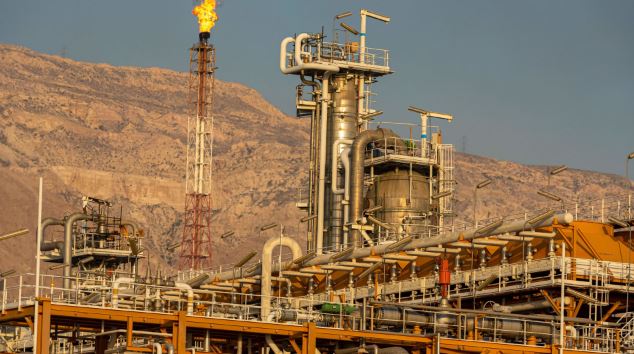Oil Market at Center Stage as Middle East Tensions Escalate, Analysts Warn

Amid rising tensions in the Middle East, analysts are pinpointing the oil market as the primary risk factor to monitor closely. The geopolitical instability in the region, a vital artery for global oil supply, has sparked concerns about potential disruptions that could affect global economic stability.
Experts emphasize that the current situation could lead to significant fluctuations in oil prices, which have historically been sensitive to conflicts in the Middle East. The area accounts for a large proportion of the world’s petroleum production, and any threat to its stability can cause global market tremors.
Analysts caution that sustained tensions could lead to a decrease in oil supply if key production facilities or transport routes are compromised. This potential supply shock is particularly alarming as the global economy continues to recover from the impacts of recent global challenges, making it susceptible to energy price spikes.
The uncertainty in oil supply is prompting governments and businesses worldwide to evaluate their energy strategies and consider alternatives to mitigate potential impacts. The situation also highlights the importance of diversifying energy sources and increasing investments in renewable energy to reduce dependence on oil, particularly from politically unstable regions.
As the international community watches these developments, the consensus among market watchers is clear: stability in the Middle East is crucial not only for the regional actors but also for maintaining global economic and energy security. The coming weeks will be critical in determining whether diplomatic efforts can soothe the heightened risks or if the world needs to brace for a turbulent period in the oil markets.




